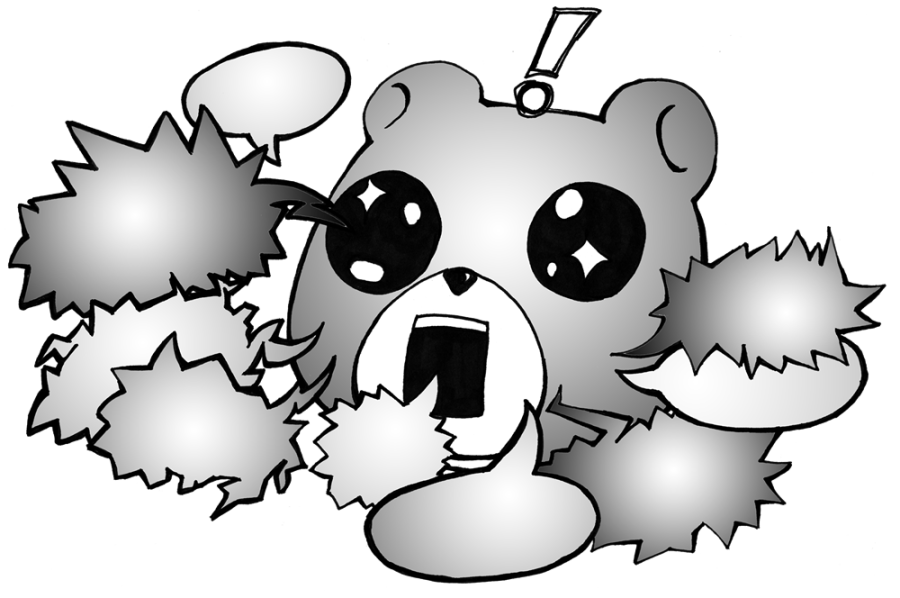Schoolboy Q’s long-awaited album Oxymoron leaked last week and was officially released on Tuesday, and it lives up to its name. Q embraces the contrasts and contradictions within him, and it gives his album a unique and intriguing perspective, proving that Q is more than just Kendrick Lamar’s prankster friend.
Schoolboy makes his intentions clear with the first words of the first song “Gangsta,” which are spoken by his daughter Joy. “F— rap, my daddy a gangster.” This is the most direct way at getting at who Schoolboy Q is – a father and a former gangster and drug dealer. While his daughter is the primary focus in his life today, his gangster past colors his worldview. This is clearly true lyrically. On “Hoover Street,” Q describes being drawn into the gang life that is interwoven with his family and his surroundings. However, it’s also true sonically, as Schoolboy creates a sound that manages to be mesmerizing, dark, and chaotic.
The beats used throughout the album are tightly looped, haunting, and distorted, as if you’re slipping on a pair of Q’s druggy sunglasses. With Kendrick Lamar’s good kid, m.A.A.d city, you feel as if you are seeing Compton through the eyes of the innocent kid on the periphery of the action. With Q, you feel sucked into the center of it. The sound is dark, but peppered with Q’s ad-libs, refrains from being dreary.
These contradictions, of Schoolboy’s past and present, come to a head on “Prescription, Oxymoron,” where he talks about one of the mainstays throughout his life- drugs. They are not described in a glorified, hedonistic way, but rather Q sounds like a weary man who simply can’t help needing them. He once sold them to make a living and now he uses them in a self-medicating manner, his tone one of resignation that drugs are an inevitably significant part of his life. Speaking of prescription drugs, he says, “I love her touch, I get a rush, when she don’t come around, I start to go nuts.”
His daughter Joy re-enters the album later in the song, and is used in a haunting effect as she says, “What’s wrong? You tired? You mad? Okay I love you, daddy” after Q ignores her calls while he’s high, thus showing how his life and his choices are inextricably tied to Joy.
This is reminiscent of Danny Brown’s “Clean Up” off his album Old in which he gets texts from his daughter while he’s out partying. Brown, like Schoolboy, has found success by embracing his complicated persona as a raving druggy with a dark gangster past. These two are part of rap’s vanguard that embraces individuality over fitting set roles, led by Kanye West, the first one to marry backpack and mainstream rap, and has been a walking soundboard of absurd contradictions ever since.
Oxymoron embraces who Schoolboy Q is. The sound is murky because his life is murky, the lyrics honest from his life’s experiences, whether that is as a responsible father, a young drug dealer, or a high-volume drug user coping with his complicated life. Q isn’t trying to be anyone but himself, and his work is all the richer for it.


